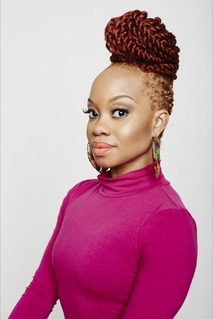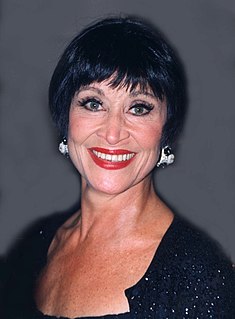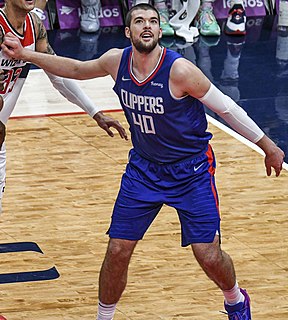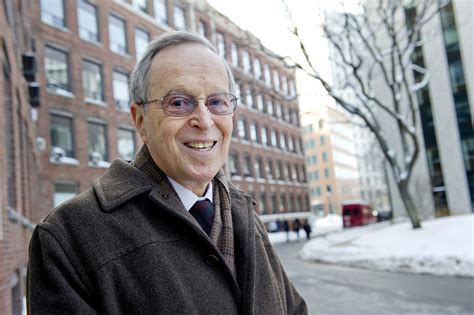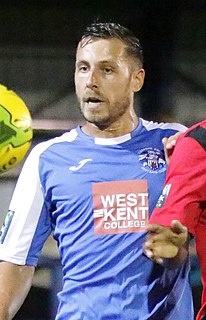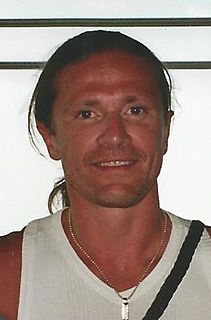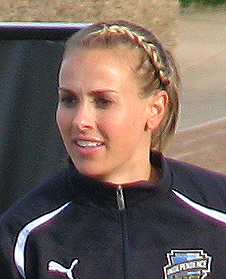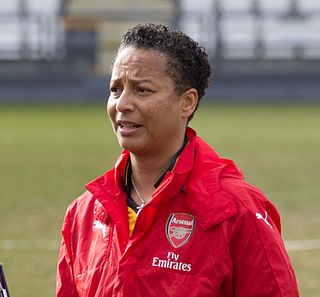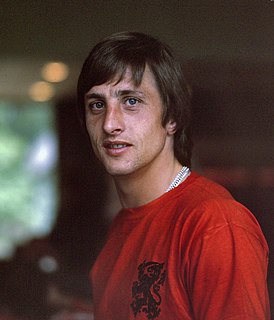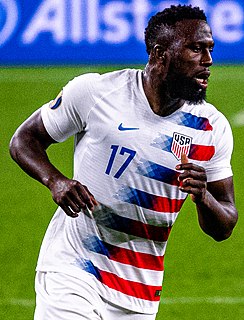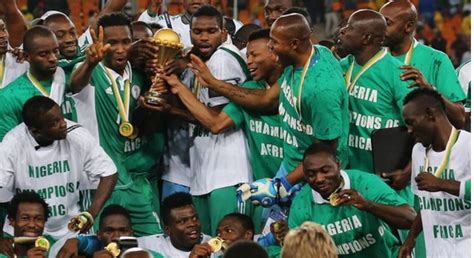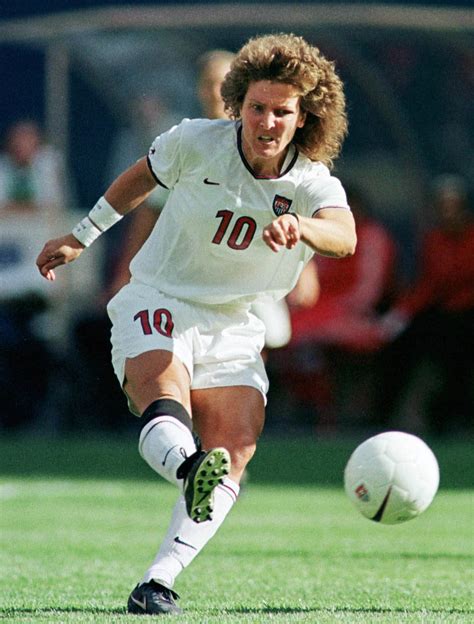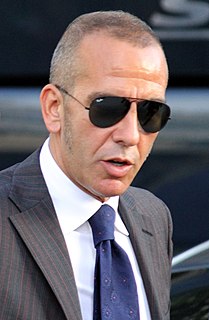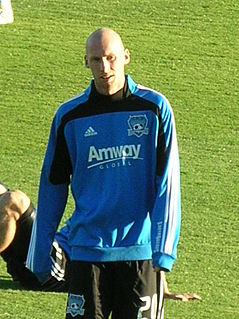A Quote by Ibrahim Farah
Dance is so important in the world. It needs no language. Our bodies speak a language of its own.
Related Quotes
I think a lot of times when people hear the word dance, they think 'oh, that's something that I can't do.' But dance really lives in our bodies and the thing that I've come to learn, embrace and lift up is that we have history in our bodies that's living and breathing. We have our own individual history but we also have our heritage. Each one of us has our movement language and it's about tapping into that and pulling that out. That's the thing that I try to encourage everybody because it's not about dance, it's about the movement and the gesture and how we honor it.
Dare I speak ,to oppressed and opressor in the same voice? Dare I speak to you in a language that will move beyond the boundaries of domination- a language, that will not bind you, fence you in, or hold you? Language is also a place of struggle. The oppressed struggle in language to recover ourselves, to reconcile, to reunite, to renew. Our words are not without meaning, they are an action, a resistance. Language is also a place of struggle.
Language [can] be expressed . . . by movements of the hands and face just as well as by the small, sound-generating movements of the throat and mouth. Then the first criterion for language that I had learned as a student—it is spoken and heard—was wrong; and, more important, language did not depend on our ability to speak and hear but must be a more abstract capacity of the brain. It was the brain that had language, and if that capacity was blocked in one channel, it would emerge through another.


